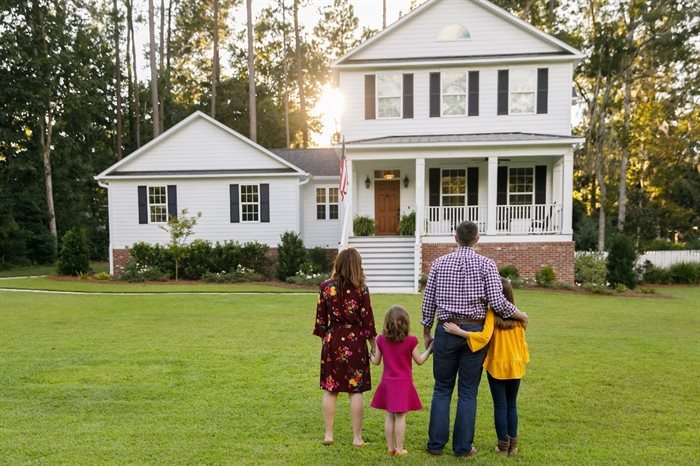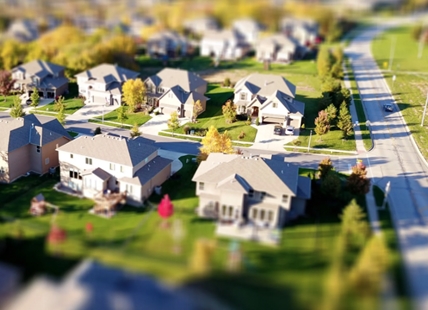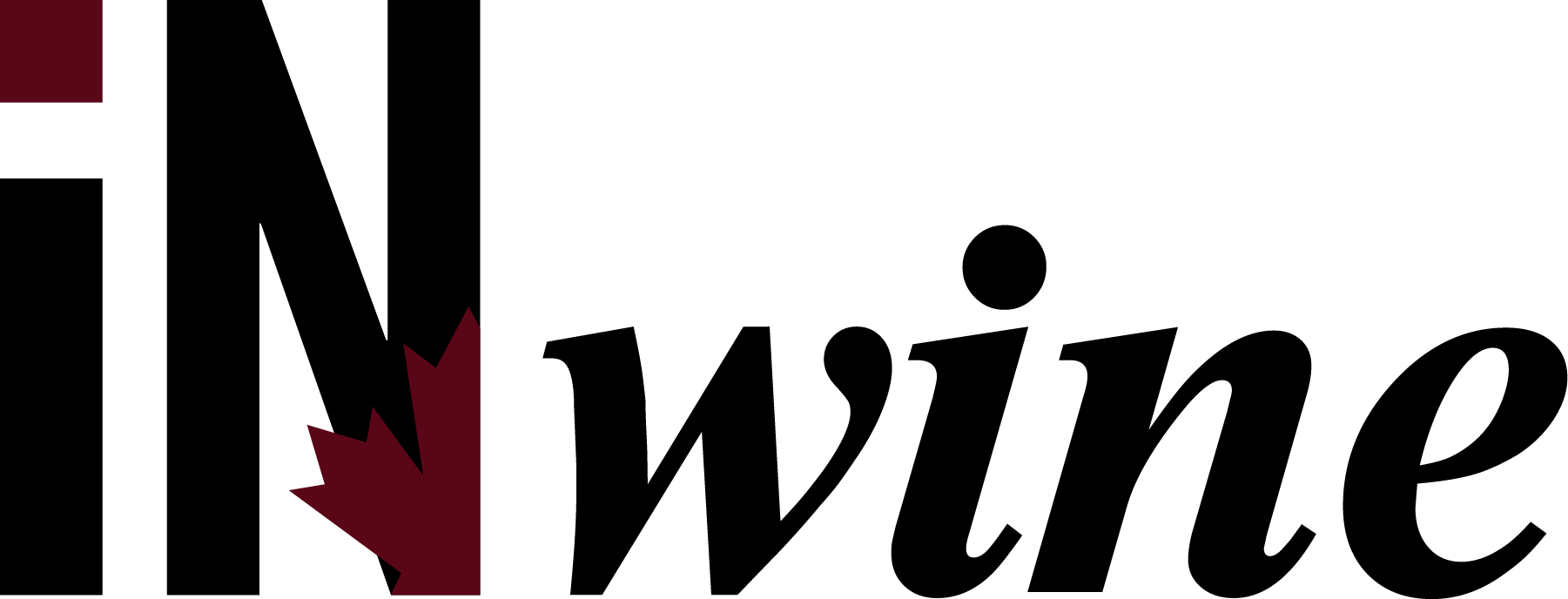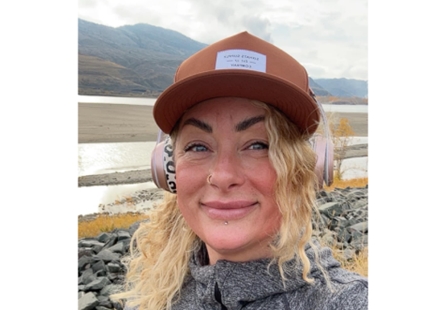Wondering about mortgage rates? Fixed vs variable rates – how to choose
This is a hot topic of discussion, especially these days. After years of a record-low Bank of Canada Prime rate at just .25%, we just had a .25% increase in early 2022. One that many people were expecting to happen this year.
So is locking in a fixed rate mortgage the way to go? This is a tough decision for most people, and a decision most people might get wrong if left without a mortgage expert to help guide them.
The choice is basically to bet on which would be a better choice in terms of how much interest you are going to pay over the term of the mortgage loan. For most people, it’s a five-year term they’re committing to. Interestingly enough, there’s perhaps a more important consideration than the cost of the interest over the term. More on that in a minute….
If we look at the last 25 years to see which would have been the better choice, it’s clear to see the variable rate mortgage has outperformed and saved clients money over any five-year period. Right now, even after the recent change in the prime rate, the spread between variable rate and fixed rates is large. The prime rate, which variable rate mortgages are based on, would have had to increase about five more times before it even matches where the fixed rates are currently at.
Keep in mind, that’s not guaranteed to happen. The government may want to increase rates but it’s something they are not keen on doing when the economy is not well. Is the economy great right now? No. Are there all sorts of things happening at home and abroad that can negatively impact our economy? Yes. Over the last 10 years, economists have often predicted large increases in mortgage rates, and they’ve been wrong more often than they’ve been right.
However, let's say that the prime rate does rise several more times. That would likely take a while for that to happen. If we do get to a point where the variable rate is at what the current fixed rate is, you’d still have saved some money. The prime rate would have to continue to go up several times over the remainder of the mortgage term, before you would be at a point where the fixed rate was the better choice.
Recall I said there’s perhaps a more important consideration? Well the thing about mortgages, is that they come with penalties that often kick in if you break them before the end of the term. Despite people best intentions, statistically most people will break their mortgage. If you have a variable rate mortgage, the penalty is three months’ interest. Fixed rate mortgages have another penalty called an IRD, which stands for Interest Rate Differential. At a bank, the IRD penalty is on average about ten times larger than the variable rate penalty.
One final point of note is that a lot of people only choose the fixed rate mortgage because they want certainty around what their monthly mortgage payment will be. With most variable rate mortgage providers, when the rate changes, so does your payment. This change really isn’t that large, only about $12 for every 100K of mortgage debt per .25% change in the prime rate. However, did you know that you can get a variable rate mortgage in which your monthly payment amount stays the same? Only the amount of interest and principal within the payment changes.
So if a variable rate is far more likely to cost less in interest over the term, has a far lower penalty if you break it early, and you could have the certainty of your monthly mortgage payment, is there any reason choose the fixed rate?
Remember banks have a vested interest in you choosing the product that makes them the most money. That’s why receiving expert mortgage advice from an independent mortgage broker helps.
Life is variable, perhaps your mortgage should be too. If you’d like to discuss this or any other finance questions, feel free to contact Wes Rosso at DLC Home Line Mortgage Services, in Kelowna, B.C.











